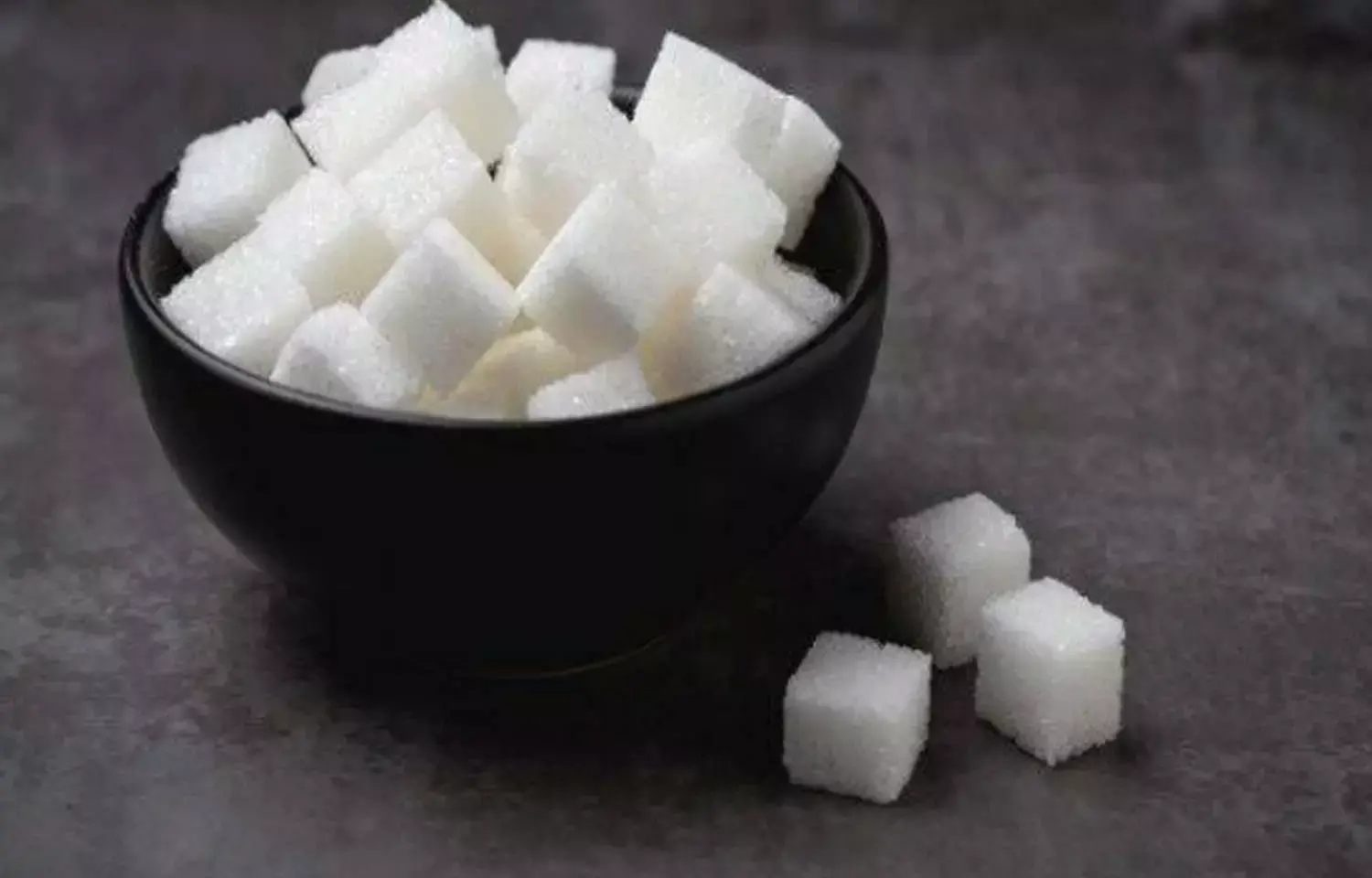- Home
- Medical news & Guidelines
- Anesthesiology
- Cardiology and CTVS
- Critical Care
- Dentistry
- Dermatology
- Diabetes and Endocrinology
- ENT
- Gastroenterology
- Medicine
- Nephrology
- Neurology
- Obstretics-Gynaecology
- Oncology
- Ophthalmology
- Orthopaedics
- Pediatrics-Neonatology
- Psychiatry
- Pulmonology
- Radiology
- Surgery
- Urology
- Laboratory Medicine
- Diet
- Nursing
- Paramedical
- Physiotherapy
- Health news
- Fact Check
- Bone Health Fact Check
- Brain Health Fact Check
- Cancer Related Fact Check
- Child Care Fact Check
- Dental and oral health fact check
- Diabetes and metabolic health fact check
- Diet and Nutrition Fact Check
- Eye and ENT Care Fact Check
- Fitness fact check
- Gut health fact check
- Heart health fact check
- Kidney health fact check
- Medical education fact check
- Men's health fact check
- Respiratory fact check
- Skin and hair care fact check
- Vaccine and Immunization fact check
- Women's health fact check
- AYUSH
- State News
- Andaman and Nicobar Islands
- Andhra Pradesh
- Arunachal Pradesh
- Assam
- Bihar
- Chandigarh
- Chattisgarh
- Dadra and Nagar Haveli
- Daman and Diu
- Delhi
- Goa
- Gujarat
- Haryana
- Himachal Pradesh
- Jammu & Kashmir
- Jharkhand
- Karnataka
- Kerala
- Ladakh
- Lakshadweep
- Madhya Pradesh
- Maharashtra
- Manipur
- Meghalaya
- Mizoram
- Nagaland
- Odisha
- Puducherry
- Punjab
- Rajasthan
- Sikkim
- Tamil Nadu
- Telangana
- Tripura
- Uttar Pradesh
- Uttrakhand
- West Bengal
- Medical Education
- Industry
Sugar intake linked to high risk of rectal adenoma,finds study

High intake of simple sugars and sugar-sweetened beverage (SSBs) during adolescence was associated with increased risk of conventional adenoma, especially rectal adenoma, suggests the findings of a recent study published in Gastroenterology.
Recent increasing trends in early-onset colorectal cancer (CRC) strongly supports that early-life diet is involved in CRC development. However, data are lacking on the relationship with high sugar intake during early-life.The incidence of large bowel cancer varies greatly among countries and correlates with the average consumption of several dietary variables such as meat, fat, sugar, and energy. Correlations with dietary fibre have not been calculated, largely because there is scanty data on the intake of fibre among different communities.
Another method of identifying possible aetiological factors is case-control study in which patients with a disease are compared with a healthy control population for exposure to postulated environmental agents. There have been about 12 such studies of patients with colorectal cancer, and the results are inconsistent.
The research team prospectively investigated the association of adolescent simple sugar (fructose, glucose, added sugar, total sugar) and sugar-sweetened beverage (SSB) intake with CRC precursor risk in 33,106 participants of the Nurses' Health Study II who provided adolescent dietary information in 1998 and subsequently underwent lower gastrointestinal endoscopy between 1999 and 2015. Odds ratios (ORs) and 95% confidence intervals (CIs) were estimated using logistic regression for clustered data.
Data analysis revealed the following facts.
- During follow-up, 2,909 conventional adenomas (758 high-risk) and 2,355 serrated lesions were identified (mean age at diagnoses, 52.2±4.3 years). High sugar and SSB intake during adolescence was positively associated with risk of adenoma, but not serrated lesions.
- Per each 5% increment in calorie/day of total fructose intake, multivariable ORs were 1.17 (95% CI 1.05–1.31) for total and 1.30 (95% CI 1.06–1.60) for high-risk adenoma. By subsite, ORs were 1.12 (95% CI 0.96–1.30) for proximal, 1.24 (95% CI 1.05–1.47) for distal, and 1.43 (95% CI 1.10–1.86) for rectal adenoma.
- Per 1 serving/day increment in SSB intake, ORs were 1.11 (95% CI 1.02–1.20) for total and 1.30 (95% CI 1.08–1.55) for rectal adenoma.
- Contrary to adolescent intake, sugar and SSB intake during adulthood was not associated with adenoma risk.
For full article follow the link: https://doi.org/10.1053/j.gastro.2021.03.028
Primary source: Gastroenterology
Dr Satabdi Saha (BDS, MDS) is a practicing pediatric dentist with a keen interest in new medical researches and updates. She has completed her BDS from North Bengal Dental College ,Darjeeling. Then she went on to secure an ALL INDIA NEET PG rank and completed her MDS from the first dental college in the country – Dr R. Ahmed Dental College and Hospital. She is currently attached to The Marwari Relief Society Hospital as a consultant along with private practice of 2 years. She has published scientific papers in national and international journals. Her strong passion of sharing knowledge with the medical fraternity has motivated her to be a part of Medical Dialogues.
Dr Kamal Kant Kohli-MBBS, DTCD- a chest specialist with more than 30 years of practice and a flair for writing clinical articles, Dr Kamal Kant Kohli joined Medical Dialogues as a Chief Editor of Medical News. Besides writing articles, as an editor, he proofreads and verifies all the medical content published on Medical Dialogues including those coming from journals, studies,medical conferences,guidelines etc. Email: drkohli@medicaldialogues.in. Contact no. 011-43720751


